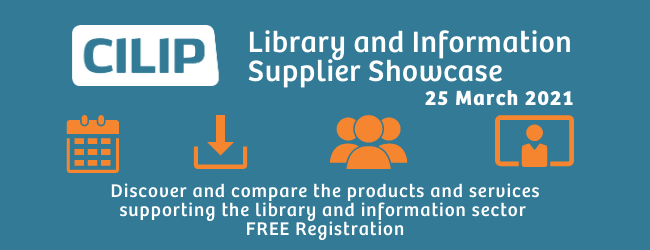
When a school librarian or school are looking to buy or update their Library Management Systems (LMS) one of the major considerations, understandably is the cost.
For a school librarian, this is an essential tool of the trade. A system that can help manage the library collection and enable the swift loan and return of the stock is hugely important so understanding the cost is important. A school
librarian's time is of value and although collection management is part of the role it should not be the only job that a librarian does. Without a robust system in place, the school librarian can spend all of their time on the collection
and little else.
There is so much more to an LMS than meets the eye. If we want our students to become independent learners and engage in quality research online, the school librarian and the LMS should be the starting point.
The school librarian alongside the LMS can help students start their digital literacy journey through understanding how databases work, keyword searching and links to selected online websites and academic journals the school pays for.
It provides the opportunity to promote all your school’s resources from any classroom or from home and puts quality resources directly into the hands of your students and teachers through this one platform.

As an SLS (Schools' Library Service) librarian, I was regularly asked to help with online research. My first question was always about the school library catalogue and if they wanted to start there. Most said they did not realise that
it was available outside the library and others said that they had all the books they wanted. This opened the conversation to the importance of children being able to find their own books and how it could also link to websites.
We all know teachers who have files of websites that they have found for their children to use on specific topics. I would talk about putting these websites onto the catalogue so that this empowered the children to find them and
moved away from spoon feeding them. On this very simple level, a keyword search in the library catalogue would give the children a list of books and also a list of websites to choose from. It was a great way to discuss how the
skill set of exploring the internet safely could be done through starting with their school library catalogue.
Some teachers might argue that this restricts the children’s independence and suggest that children should be allowed to search the internet. What I would then say is that this is like running before you can walk. We use books to teach
research because we can explain the quality aspect of the information being checked before publication. We use websites selected by the teacher or librarian again for quality and age appropriateness. Independence is far more than
just finding the information it is about demonstrating your understanding by being able to read the information found and then writing it in your own words. It also gave us the opportunity to talk about giving credit for what they
found.
The first step to digital literacy is finding and using appropriate information to answer questions. If we allow our children to head straight to the internet we know that they are going to find something quickly but can they read
and understand it? How many times have we seen wonderful posters created by children where the information has been cut and pasted with words used that we know the children don't understand. Where is the learning here? Even very
small children can be taught to cut and paste. If children know about the library catalogue and choose to check for information there first this is the start of independent learning.
Those of us who have hosted library management systems are in a great position to offer our schools something more that they don't have to pay extra for. Speak to your line manager or talk to the digital literacy co-ordinator and let
them know about this wonderful tool that you can help use to teach digital literacy in their classrooms.
This simple closed, safe environment is one of the best tools to start the journey of digital literacy in any school.
In order to support school librarians in this endeavour, I have created a training session that I am running in partnership with CILIP called Raising the Profile of your LMS on the 3rd June where we will be looking at ways to use the LMS within school and with teachers and students.
CILIP are running a virtual Library and Information Supplier Showcase on 25 March which is free to attend and includes a number of Library Management Systems
suppliers.
If we are wanting our students to become independent learners and engage in quality research online our school librarian and the LMS should be your starting point.
Elizabeth Hutchinson is an independent adviser and trainer, specialising in all aspects of school libraries. She is a Chartered Librarian and Fellow of CILIP. Her career has included being a school librarian with teaching
experience, an SLS librarian and finishing as Head of a Schools' Library Service, Guernsey. She was awarded a BEM in 2020 for services to libraries.




